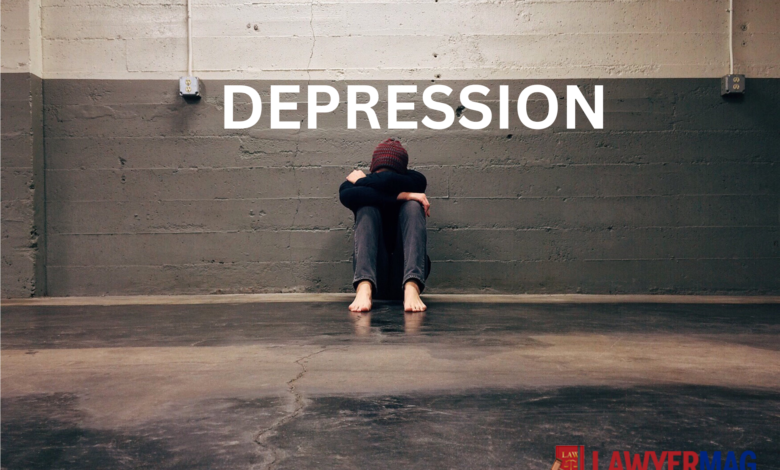7 Best Tips for Handling Your Destructive Depression

Depression can be a debilitating condition that can negatively impact every aspect of your life. If left untreated, depression can have serious consequences on your mental, emotional, and physical health. But with the right strategies, it is possible to manage depression effectively. In this article, we will discuss seven of the best tips for handling your destructive depression.
Understanding Depression
Depression is a mental health disorder that affects millions of people worldwide. It is characterized by feelings of sadness, hopelessness, and worthlessness. Depression can be caused by a variety of factors, including genetics, life events, and chemical imbalances in the brain. Symptoms of depression can vary from person to person but may include:
- Feeling sad or empty
- Loss of interest or pleasure in activities
- Changes in appetite or weight
- Sleep disturbances
- Fatigue or loss of energy
- Feelings of worthlessness or guilt
- Difficulty concentrating or making decisions
- Thoughts of death or suicide
Seek Professional Help
If you’re experiencing symptoms of depression, it’s essential to seek professional help. This could involve talking to your doctor, a therapist, or a psychiatrist. A mental health professional can help you identify the root cause of your depression and develop a personalized treatment plan. This may include therapy, medication, or a combination of both.
Build a Support System
Having a strong support system can be incredibly helpful when dealing with depression. This could include family members, friends, or a support group. It’s important to have people in your life who you can talk to and rely on for emotional support. If you’re not sure where to find help, consider reaching out to a mental health organization in your area.
Read More: Why Does Your Health Insurance Claim Gets Rejected?
Practice Self-Care
Practicing self-care is essential when dealing with depression. This can involve a variety of activities, such as getting enough sleep, eating a healthy diet, and engaging in regular exercise. It’s important to make time for activities that you enjoy, such as reading, painting, or spending time with friends. Self-care can also involve setting boundaries and learning to say no when you need to.
Stay Active
Exercise has been shown to be an effective way to manage depression. Regular physical activity can help improve mood, reduce stress, and increase feelings of well-being. This could involve anything from going for a walk to joining a yoga class or hitting the gym. It’s important to find an activity that you enjoy and that fits your lifestyle.
Focus on Positive Thinking
Negative thinking patterns can contribute to depression. It’s important to work on changing negative thoughts into positive ones. This could involve practicing gratitude, focusing on your strengths, and challenging negative self-talk. Mindfulness techniques, such as meditation or deep breathing, can also be helpful for managing negative thoughts and emotions.
Try Mindfulness Techniques
practicing non-judgmental awareness of thoughts, feelings, and sensations. This can be an effective way to reduce symptoms of depression and increase feelings of well-being. Mindfulness techniques can include meditation, deep breathing, and progressive muscle relaxation. There are also many apps and online resources available that can guide you through mindfulness practices.
Set Realistic Goals
Setting realistic goals can be an effective way to manage depression. Goals can provide a sense of purpose and motivation, which can be helpful when dealing with symptoms of depression. It’s important to set achievable and realistic goals and break larger goals down into smaller, more manageable steps. Celebrating progress and achievements can also be helpful in maintaining motivation.
Conclusion
Dealing with depression can be a difficult and challenging experience, but it is possible to manage the condition effectively. Seeking professional help, building a support system, practicing self-care, staying active, focusing on positive thinking, trying mindfulness techniques, and setting realistic goals are all strategies that can be helpful in managing depression. Remember that it’s important to take care of yourself and to seek help when you need it.












2 Comments